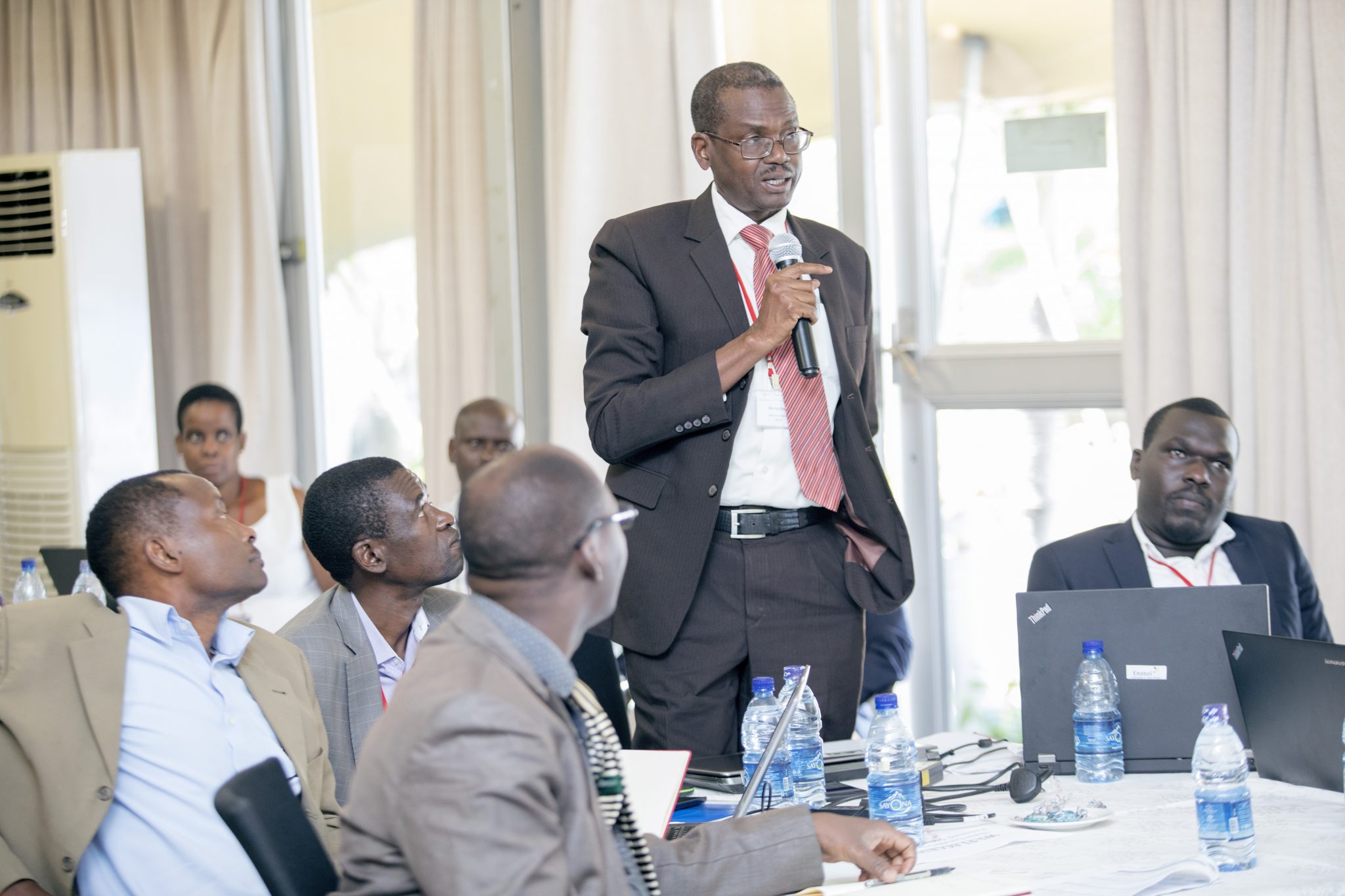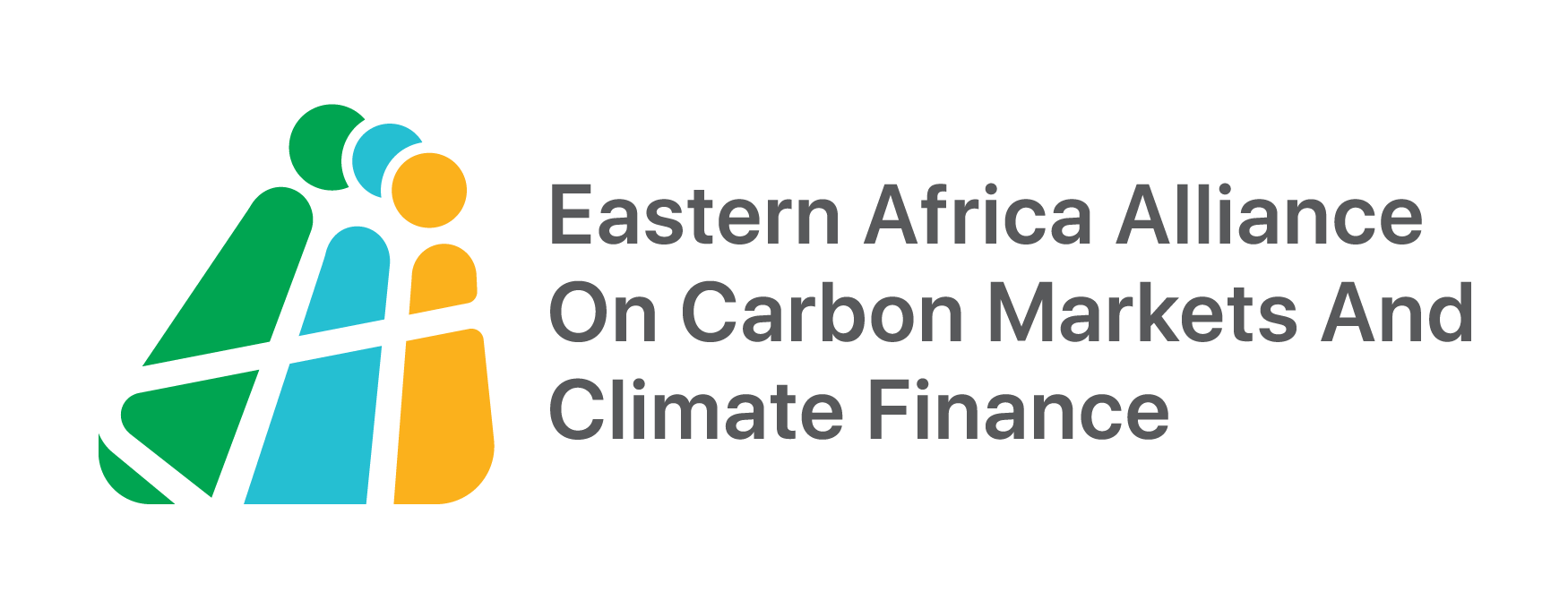Blog

23
FebBy: Adminalliance
Comments: 0
Delegates went into COP25 negotiations knowing Article 6 was in the limelight, though not for positive reasons. In Katowice, the previous year, discussions on markets did not lead to agreement which effectively left the Paris Rulebook incomplete. It was hoped that the climate talks, in Madrid under the Chilean Presidency, would present a better outcome however matters remain unresolved. Given the complexity of some of the issues, both technically and politically, it could not be ascertained that a decision would be reached in Madrid. The negotiations, with the aim of getting an outcome on the guidance on cooperative approaches and the rules of the 6.4 mechanisms will continue at COP26, Glasgow.
As the negotiations continue internationally, it is key to understand what it means for member countries in the Eastern Africa Alliance on Carbon Markets and Climate Finance. The difficult issues being discussed on the global stage such as the transition of CDM activities and units, share of proceeds from cooperative approaches and avoiding double-counting have relevance to the region. Africa did not benefit much in the past from CDM however navigating this new generation of markets under Article 6, in line with NDC implementation, is a priority for the members (Burundi, Ethiopia, Uganda, Tanzania, Rwanda and Kenya). The fate of the Eastern African CDM project and program of activities portfolio depends on a decision. Members also need to ensure that they are adequately prepared to apply corresponding adjustments in the transfer of Internationally transferred mitigation outcomes (ITMOs). Alliance countries also have to ensure that share of proceeds towards adaptation will provide predictable finance to address priority adaptation needs.
There was a concern as to how no decision at COP25 would affect carbon market activity with the operation of the Paris Agreement upon us in 2020. Cooperative approaches, which are essentially bilateral agreement activities between countries that use market mechanisms, can occur with or without defined rules for Article 6. However, to use it towards NDC implementation it is extremely crucial to have a decision on the guidance to cooperative approaches to ensure environmental integrity and transparency. Pilots activities will continue which shows interest in market mechanisms and some countries are signing onto the San Jose Principles. These were launched towards the end of COP25 and are aligned to having robust markets that are high in environmental integrity. A decision is still needed to speed up activity and involve the private sector as pilots are currently being driven by governments and Development Financial Institutions such as the World Bank.
In preparation for COP26, the alliance member countries can set up the institutional frameworks required and undertake strategic assessments of their sectors to develop project pipelines. As Article 6 remains technical and full of jargon, the Alliance works towards communicating relevant developments in the area to the members to facilitate their NDC implementation.
Read the full review article on COP25 here
Sidebar

